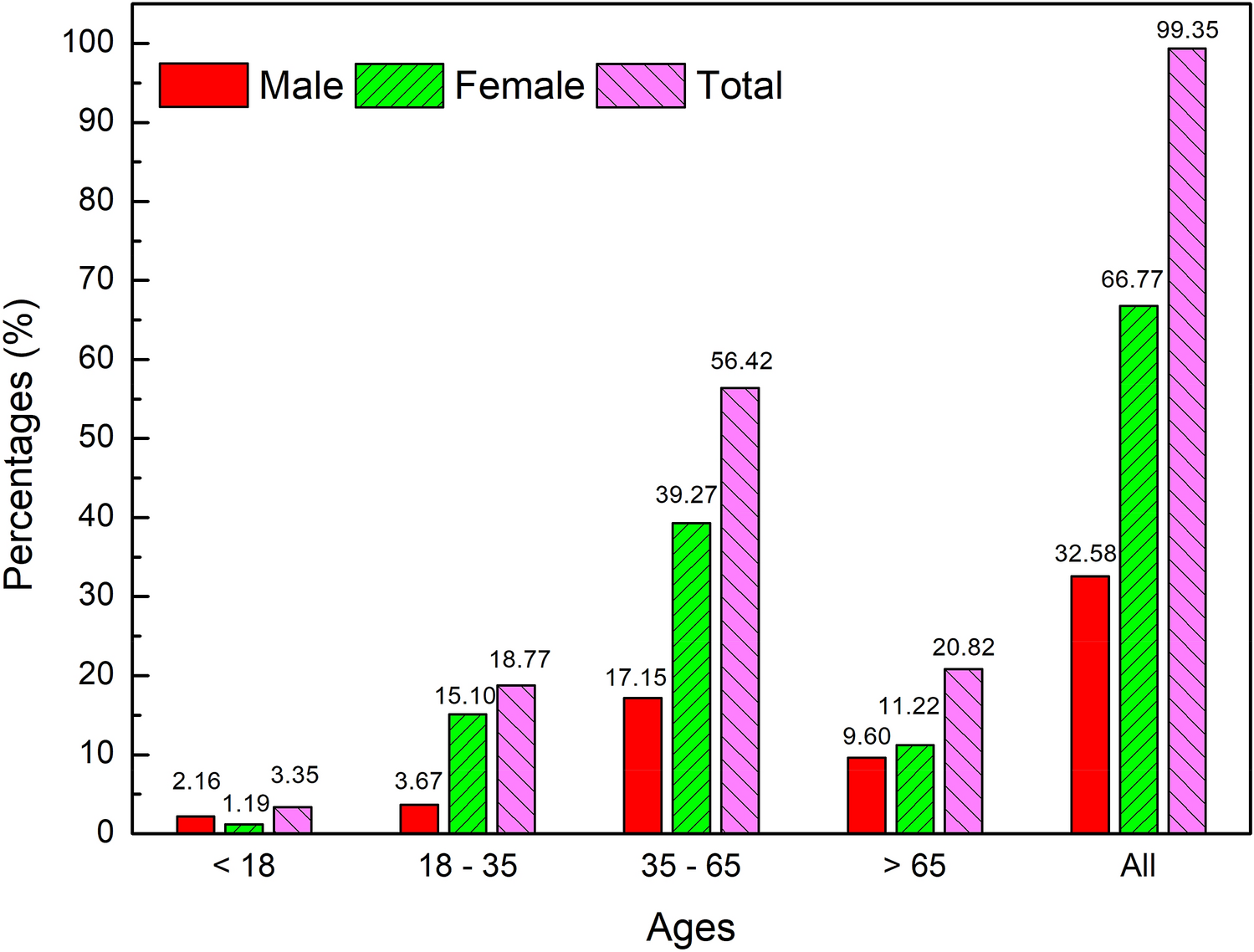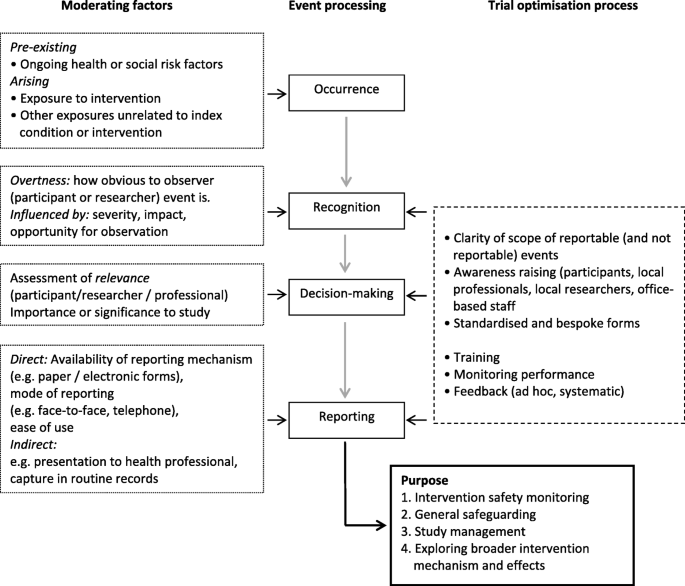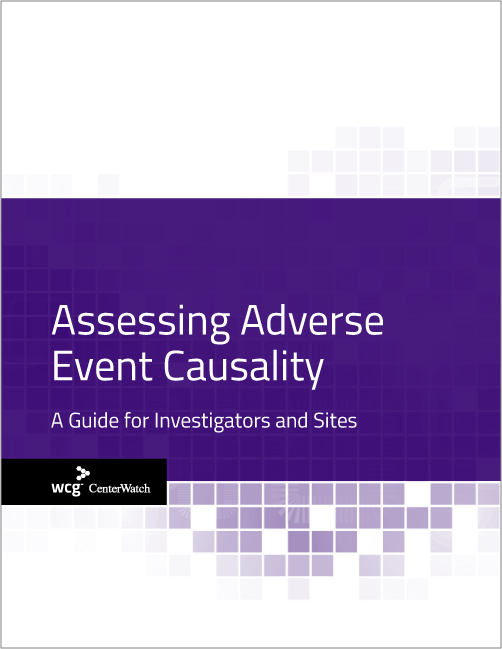

Adverse reactionsĪn adverse reaction is a noxious and unintended response to a medicine. An adverse event can therefore be any unfavourable and unintended sign (for example, an abnormal laboratory finding), symptom or disease temporally associated with the use of a medicine, whether or not it is considered related to the medicine. Adverse eventsĪn adverse event is any untoward medical occurrence in a patient, consumer or clinical investigation subject administered a medicine, which does not necessarily have a causal relationship with this treatment. Pharmacovigilance distinguishes between adverse events and adverse reactions. Authorised Prescriber Scheme: Guidance for Medical Practitioners, Human Research Ethics Committees, Specialist Colleges and Sponsors.Special Access Scheme: Guidance for health practitioners and sponsors.Access to unapproved therapeutic goods - Clinical trials in Australia.Pharmacovigilance obligations of medicine sponsors - Frequently asked questions.
#When evaluating the causality of an adverse event update
update product labels and product information (PI) with new safety information in a timely way.take appropriate action in a timely manner when necessary.identify any changes to the benefit–risk balance of your medicine.meet legislative requirements for reporting serious adverse reactions and significant safety issues.monitor and take responsibility for the safety of your medicine.We expect you to have an effective pharmacovigilance system in place in order to:

pharmacovigilance activities are contracted to external organisations.sponsors share or outsource marketing or distribution arrangements.separate sponsors market two or more separately registered or listed medicines that are considered identical in all respects apart from their trade names.answer any request from us for additional information fully and within the specified timeframe (under Subsection 31(1) of the Act).keep records pertaining to the reporting requirements and safety for your medicine (under Subsection 28(5)(ca) of the Therapeutic Goods Act 1989 (the Act)).notify us of any significant safety issues you identify.submit any serious adverse reaction reports to us.let us know who your Australian pharmacovigilance contact person is.You, as a sponsor of medicines approved for supply in Australia, are legally responsible for meeting pharmacovigilance reporting requirements for your medicine. Unapproved medicines used in Clinical trials or supplied under the Special Access Scheme (SAS) or Authorised Prescriber are subject to separate reporting requirements and are not covered by these guidelines. in a company-sponsored post-registration study. This is regardless of their Australian marketing status - that is, whether they are currently available for purchase, withdrawn from sale or otherwise supplied e.g. You MUST meet your pharmacovigilance reporting responsibilities for all the medicines you have registered or listed on the Australian Register of Therapeutic Goods (ARTG). Some requirements and recommendations, however, are specific to Australia. This guidance is mostly consistent with the European Medicines Agency's EMA Guideline on Good Pharmacovigilance Practices (GVP) Module VI - Management and reporting of adverse reactions to medicines. outlines the legal basis for pharmacovigilance requirements associated with medicines on the ARTG.offers recommendations on the monitoring, collection and management of safety data to help you achieve best practice pharmacovigilance.



 0 kommentar(er)
0 kommentar(er)
